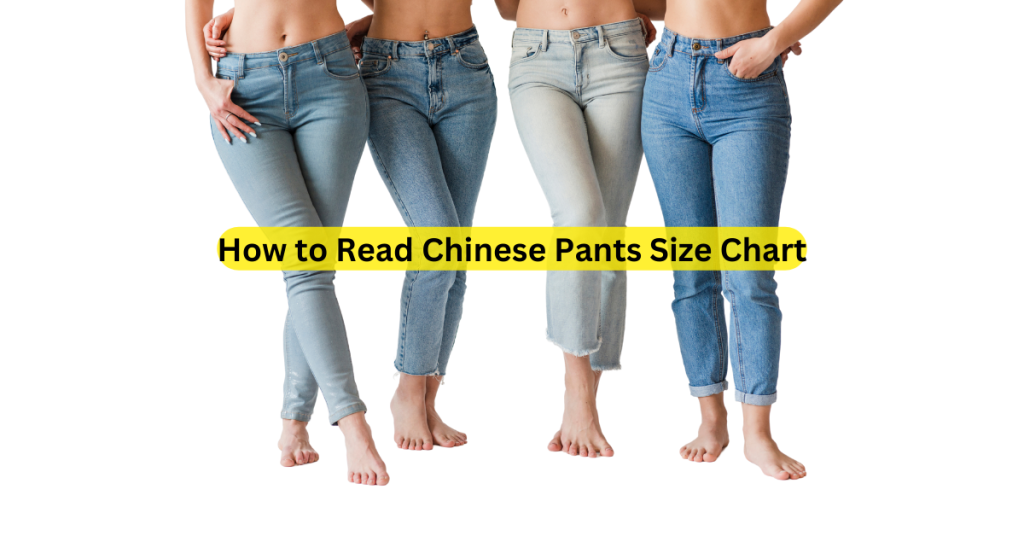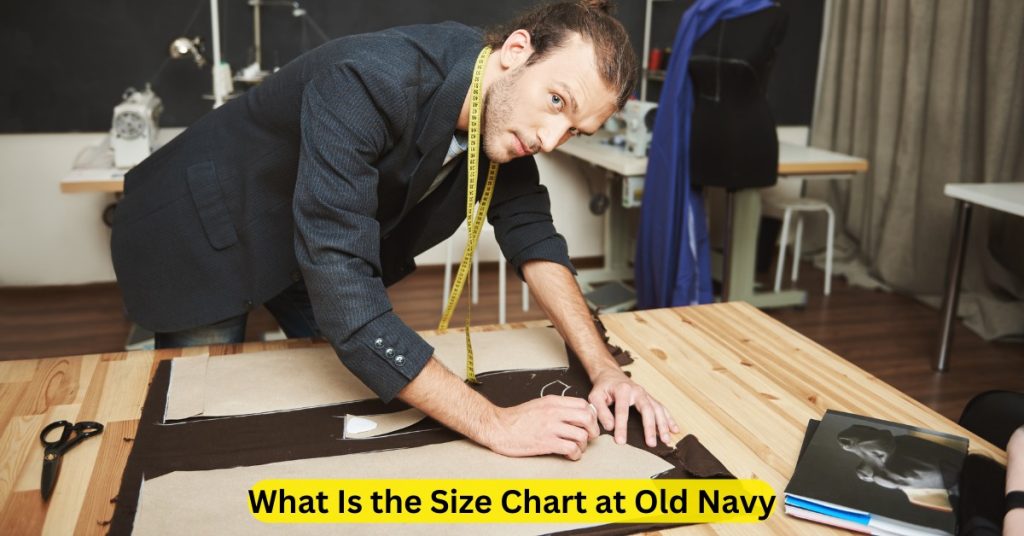Titanium vs. Platinum Rings: Pros and Cons
When it comes to choosing a metal for rings whether it be for engagement rings, wedding bands, or just everyday accessories—the decision between titanium and platinum can be tough. Both metals are known for their strength, beauty, and durability, but they differ in many ways that could influence your decision. If you’re considering purchasing a titanium or platinum ring, it’s essential to understand the key differences between these two metals to ensure that you’re making the right choice based on your needs and preferences.
We’ll compare titanium and platinum rings, explore the pros and cons of each, and help you make an informed decision. We will also answer some frequently asked questions about these two popular metals.
Titanium vs. Platinum: An Overview
Before we dive into the specifics of each metal, let’s take a quick look at what titanium and platinum are and how they differ.
What is Titanium?
Titanium is a lightweight, strong, and corrosion-resistant metal. It’s often used in various industrial applications, such as aerospace, military, and medical equipment, due to its strength-to-weight ratio. In the context of jewelry, titanium is increasingly popular due to its strength, hypoallergenic properties, and sleek, modern appearance. Titanium rings are often chosen for their durability, affordability, and contemporary look.
What is Platinum?
Platinum is a precious, naturally white metal that is known for its rarity, density, and resistance to tarnishing. It has been a popular choice for fine jewelry for centuries and is often associated with luxury and elegance. Platinum rings are highly sought after for engagement rings and wedding bands because of their beautiful, enduring finish and ability to hold precious gemstones securely.
Titanium vs. Platinum: Key Differences
The following table summarizes the key differences between titanium and platinum, highlighting the factors you should consider when choosing a metal for your ring.
| Feature | Titanium Rings | Platinum Rings |
|---|---|---|
| Weight | Lightweight, about 45% lighter than platinum | Heavier, denser metal |
| Durability | Extremely durable, resistant to scratches | Very durable, resists tarnishing, but can scratch |
| Color | Naturally dark gray or silver, can be anodized for color | Bright white, naturally white, never tarnishes |
| Price | More affordable, cost-effective | Expensive, one of the most expensive metals |
| Hypoallergenic | Hypoallergenic, safe for sensitive skin | Hypoallergenic, ideal for sensitive skin |
| Resizing | Can be difficult to resize, requires specialized tools | Easier to resize by professionals |
| Maintenance | Low maintenance, resists corrosion | Requires occasional polishing to maintain shine |
| Rarity | More common, widely available | Rare, one of the rarest metals on Earth |
| Tarnishing | Does not tarnish or rust | Does not tarnish but can develop a patina over time |
| Environmental Impact | Lighter environmental footprint due to mining practices | Higher environmental impact due to rarity and extraction process |
Titanium Rings: Pros and Cons
Pros of Titanium Rings
| Pro | Details |
|---|---|
| Lightweight | Titanium is about 45% lighter than platinum, which makes titanium rings more comfortable for everyday wear. |
| Strength & Durability | Titanium is incredibly strong and resistant to bending, breaking, or scratching. This makes it an ideal choice for someone looking for a durable ring that can withstand wear and tear. |
| Corrosion-Resistant | Titanium is highly resistant to corrosion, making it a great choice for people who are exposed to water or chemicals regularly. It maintains its appearance even in harsh environments. |
| Affordable | Titanium rings are significantly more affordable compared to platinum rings, making them a budget-friendly option without sacrificing quality. |
| Hypoallergenic | Titanium is a hypoallergenic metal, making it an excellent choice for those with sensitive skin or allergies to other metals. |
| Low Maintenance | Titanium requires very little maintenance. Unlike other metals, it doesn’t tarnish or oxidize, making it a hassle-free option. |
Cons of Titanium Rings
| Con | Details |
|---|---|
| Difficult to Resize | Titanium is difficult to resize due to its strength and hardness. If you need to adjust the size, it usually requires special tools, making resizing expensive or impossible in some cases. |
| Less Shine and Luster | Titanium has a matte finish, and while it can be polished, it doesn’t have the same brilliant shine or reflective quality as platinum. |
| Limited Design Options | Titanium rings typically have simpler, more modern designs. They may not be the best choice for intricate designs or rings that need to hold precious gemstones securely. |
| Color Variations | While titanium is naturally a dark gray or silver, it can be anodized to create different colors, but the process may not always be as durable as the natural metal. |
Platinum Rings: Pros and Cons
Read More: Best Budget-Friendly Rings That Look Expensive
Pros of Platinum Rings
| Pro | Details |
|---|---|
| Luxurious and Elegant | Platinum has a beautiful, natural white color that never fades or tarnishes. Its shiny and sophisticated finish gives it a luxurious appearance, making it a top choice for engagement rings and high-end jewelry. |
| Highly Durable | Platinum is a dense, heavy metal that is incredibly durable and resistant to wear. It holds its shape well and is less likely to scratch or bend than many other metals. |
| Tarnish-Free | Platinum does not tarnish, which means it retains its bright, white color over time. Unlike silver, it won’t lose its shine with wear. |
| Hypoallergenic | Like titanium, platinum is hypoallergenic, which makes it safe for those with sensitive skin or metal allergies. |
| Better for Gemstones | Platinum’s density and strength make it ideal for securing precious gemstones like diamonds. It provides a secure and stable setting for stones that may be more prone to loosening in other metals. |
| Resale Value | Platinum rings typically retain their value better than other metals due to their rarity and intrinsic value. |
Cons of Platinum Rings
| Con | Details |
|---|---|
| Expensive | Platinum is one of the most expensive metals on the market due to its rarity and the complexity of its extraction. This makes platinum rings significantly more expensive than titanium rings. |
| Heavy | Platinum is much heavier than titanium, which can make the ring feel more cumbersome or uncomfortable for some wearers. |
| Prone to Scratches | While platinum is highly durable, it is softer than titanium and can develop scratches over time, particularly if exposed to rough conditions. However, these scratches tend to create a patina that can enhance the metal’s character. |
| Requires Maintenance | To maintain its shiny, polished look, platinum needs occasional cleaning and polishing. It can develop a patina over time, which some people may find appealing, but others may prefer a constant shine. |
| Difficult to Resell | Although platinum retains its value, selling a platinum ring can be difficult due to its high cost and specific market demand. |
Titanium vs. Platinum: Which One Should You Choose?
Ultimately, the choice between titanium and platinum depends on what you’re looking for in a ring. Here are some factors to consider:
- Budget: If you’re on a tight budget, titanium is a more affordable option. It provides excellent durability and functionality without the hefty price tag associated with platinum.
- Durability: If you’re looking for a highly durable, scratch-resistant metal that won’t tarnish or corrode, titanium is a great choice. However, platinum is also durable and offers a more luxurious look, though it may be more prone to scratches.
- Design: If you’re after a sleek, modern design, titanium offers simplicity and strength. For more intricate, high-end designs, especially if you want to set a large diamond or other precious gemstones, platinum is a better choice.
- Comfort: Titanium is lighter than platinum, making it a more comfortable option for those who prefer a lightweight ring. Platinum, though heavier, offers a luxurious and substantial feel.
- Hypoallergenic Needs: Both metals are hypoallergenic, making them great choices for people with sensitive skin or metal allergies.
Frequently Asked Questions
1. What is the difference between Titanium and Platinum rings?
- Titanium is a lightweight, durable, and corrosion-resistant metal. It’s known for being strong but not as dense as other metals like platinum or gold.
- Platinum is a heavier, more durable metal with a naturally white color and high resistance to tarnish. It is often considered more prestigious and rare compared to other metals.
2. Which metal is stronger, Titanium or Platinum?
- Titanium is highly resistant to scratches and bending and is stronger than platinum in terms of tensile strength, making it a good option for active individuals.
- Platinum, while denser and heavier, is still incredibly strong and durable but can be more prone to scratching over time, especially with daily wear.
3. Is Titanium more affordable than Platinum?
- Yes, titanium is generally much more affordable than platinum. Platinum is rarer and requires more labor to craft, which is why it tends to be more expensive.
4. Which metal is better for people with sensitive skin?
- Titanium is often the better choice for those with sensitive skin because it is hypoallergenic and less likely to cause reactions.
- Platinum is also hypoallergenic, making it safe for most individuals, but some people may be allergic to alloys mixed with platinum (like nickel), so it’s essential to confirm the specific blend.
5. Do Titanium rings scratch easily?
- Titanium rings are very scratch-resistant compared to softer metals like gold or silver. However, they can be scratched by harder materials like diamonds.
6. Do Platinum rings scratch easily?
- Platinum rings do scratch over time, but the metal wears down evenly, meaning the scratches tend to blend into the natural patina of the ring, giving it a unique look. Platinum doesn’t lose as much mass as it scratches, unlike gold.
7. Which metal has a more polished or shiny finish?
- Platinum tends to have a naturally shiny, lustrous finish and retains its polished appearance over time.
- Titanium has a more matte finish but can be polished to shine. It doesn’t hold as long as platinum but can be re-polished.
8. Are Titanium rings easy to resize?
- Titanium rings are more difficult to resize because the material is so hard. It’s best to choose a size carefully, as resizing is not as easy as with other metals.
9. Are Platinum rings easy to resize?
- Platinum rings are easier to resize compared to titanium, as platinum is more malleable. Jewelers can adjust the size with ease.
10. Which metal is better for a wedding band?
- Both metals are popular for wedding bands, but platinum is often chosen for its luxurious appeal and enduring beauty. Titanium is a great option for those who prioritize durability, affordability, and a lightweight feel.
11. How do Titanium and Platinum compare in terms of weight?
- Titanium is much lighter than platinum, making it more comfortable for people who don’t like the heavy feel of a ring.
- Platinum is significantly heavier, which some people prefer for the feeling of substance and luxury.
12. How long do Titanium and Platinum rings last?
- Both metals are long-lasting. Titanium is highly resistant to corrosion, and platinum is extremely durable but may show signs of wear like scratches over time. Platinum tends to last longer in terms of its overall appearance without requiring as much maintenance.
13. Which metal is more eco-friendly?
- Titanium is considered more eco-friendly because it is abundant and can be recycled.
- Platinum, while a precious metal, is rarer and mining it can have more significant environmental impacts, but it is also recyclable.
14. Which is better for engraving?
- Titanium can be engraved, but the process is more challenging and typically requires specialized tools.
- Platinum is easy to engrave, and the engravings are usually crisp and clear.
15. Do Titanium and Platinum look different?
- Titanium tends to have a slightly darker, more matte finish, whereas platinum has a shiny, white luster. Platinum’s appearance is often described as more luxurious due to its natural white color and weight.
Conclusion
When choosing between titanium and platinum rings, the best metal depends on your personal preferences, lifestyle, and budget. Titanium offers a lightweight, durable, and affordable option, while platinum provides a luxurious, heavy, and prestigious choice. Whether you’re looking for a sleek, modern ring or a timeless, elegant design, both metals have their unique advantages and will serve you well for years to come. Make sure to consider all the factors discussed in this guide to find the perfect ring that suits your needs.
This Tool





